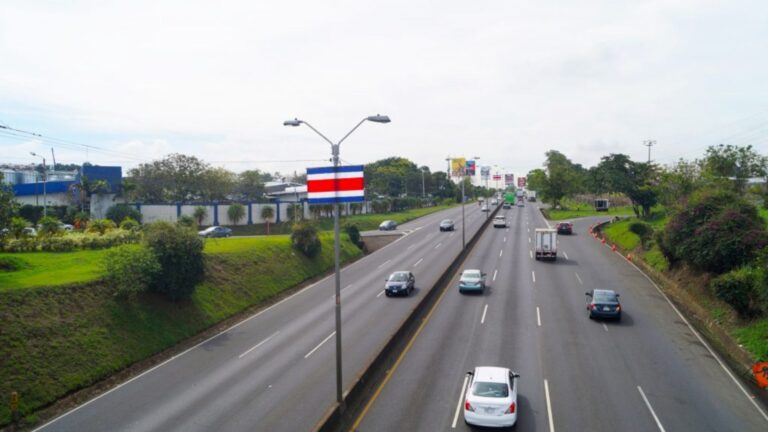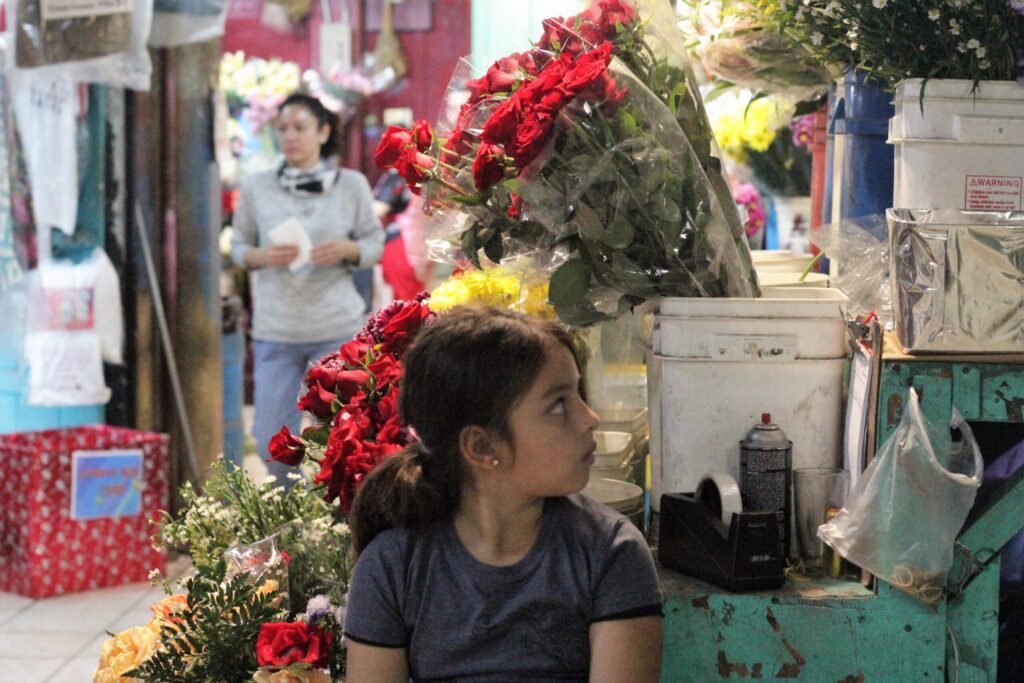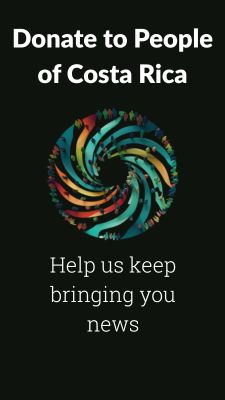In an effort to promote electric mobility and facilitate access to charging infrastructure, the Compañía Nacional de Fuerza y Luz (CNFL) recently announced significant changes to its fast-charging service for electric vehicles. Starting March 31, 2025, users will be able to make payments with credit and debit cards, eliminating the need for specific RFID cards. This measure is the result of a strategic alliance with Banco de Costa Rica (BCR).
Easier Access for Everyone
Until now, the use of fast chargers was conditioned on obtaining an RFID card, which represented a barrier for both national and foreign users. With this new system, available at the 12 existing fast-charging centers within CNFL’s concession area, the goal is to simplify access and promote the adoption of clean technologies. Luis Fernando Andrés, General Manager of CNFL, emphasized that this modernization will significantly help reduce obstacles for users.
Expansion of the Charging Network
In addition to simplifying payment methods, CNFL has announced the installation of six new fast-charging centers in the Central Valley throughout this year. This expansion covers areas from Río Segundo in Alajuela to Ochomogo in Cartago, reaching a total of 21 cantons within the Greater Metropolitan Area (GAM). With this improvement, the company aims to meet the growing infrastructure demand that accompanies the increasing number of electric vehicles in the country.
Impact on Sustainable Development
The electric vehicle fleet in Costa Rica has experienced remarkable growth, with 22,732 registered units by the end of 2024, according to the Costa Rican Association for Electric Mobility (Asomove). This figure reflects the growing interest in adopting more sustainable transportation alternatives. The fast-charging centers, capable of recharging 80% of a battery in just 20 minutes, now also offer greater payment convenience, with a rate of ¢137 per minute plus VAT.
Coordinated Efforts for a Clean Future
The Costa Rican Electricity Institute (ICE) is also contributing to these advancements, with 38 fast-charging centers operating in different regions of the country. Silvia Rojas, Executive Director of Asomove, emphasized that open access to card payments is a crucial step in removing barriers to the use of these stations.
With these initiatives, Costa Rica reaffirms its commitment to sustainable development, facilitating the transition toward more accessible electric mobility for everyone.


















